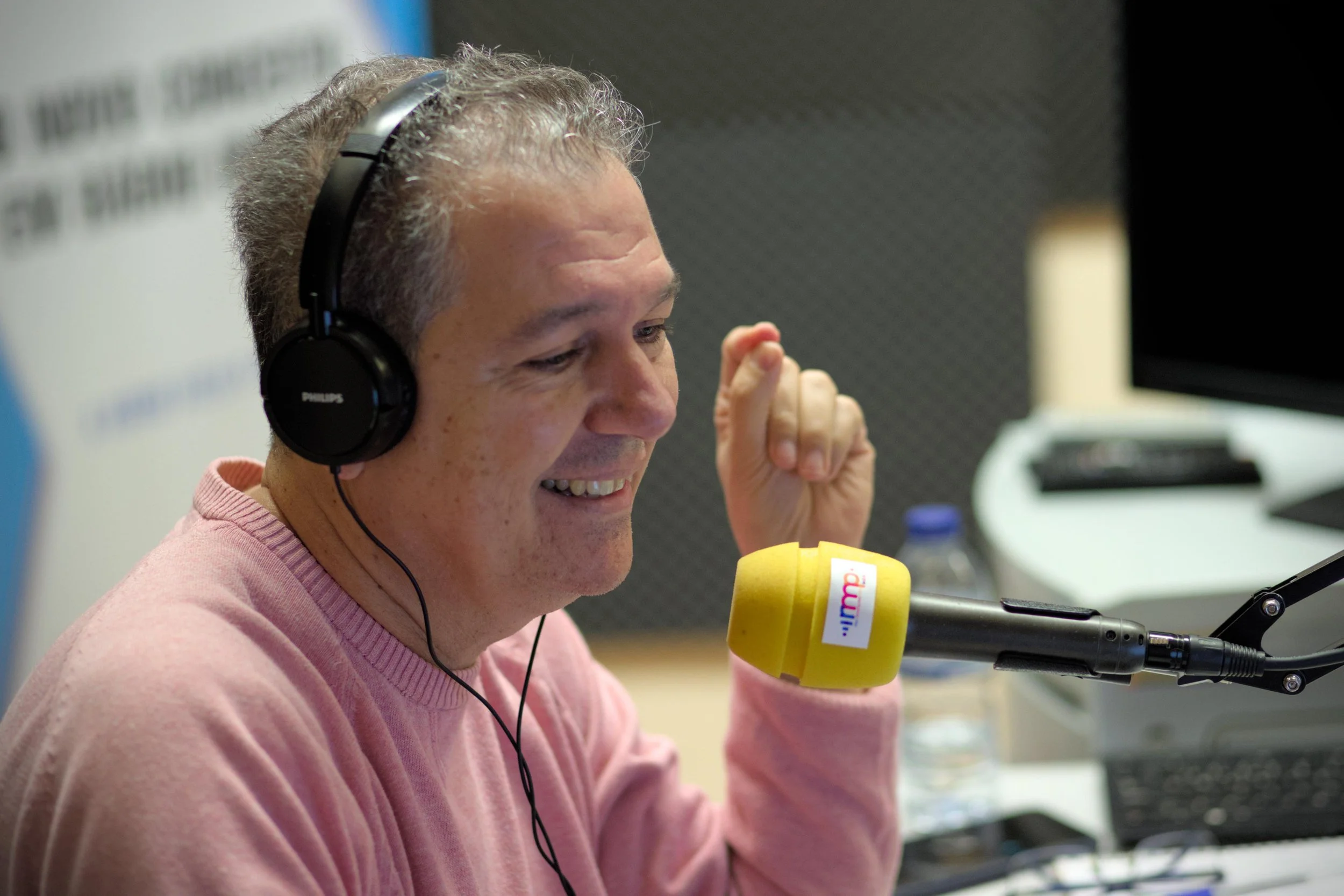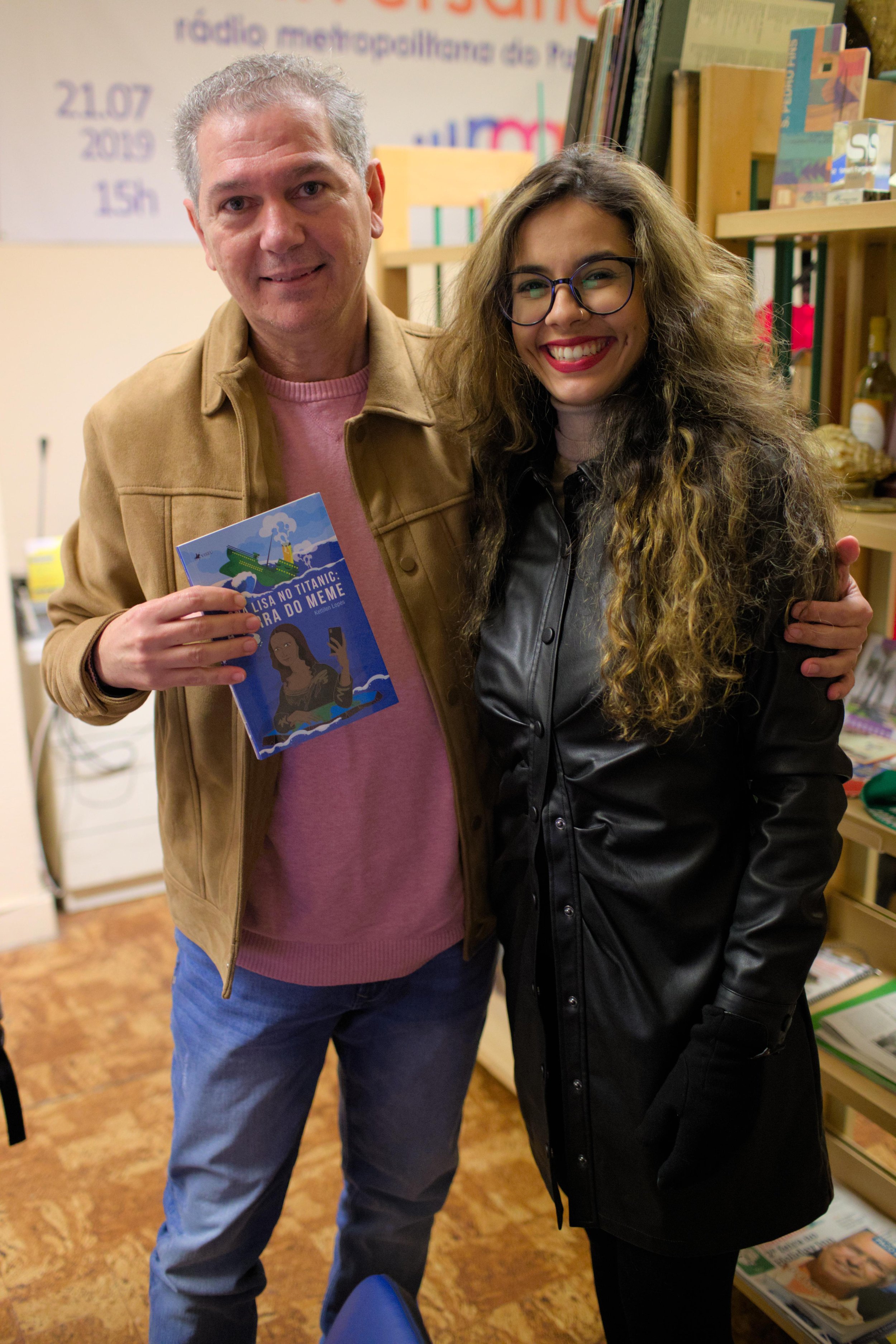Radio Presentation - Porto, Portugal
After having the illustrious presence of Wanda at my first book presentation — whom I had actually met during the Porto Book Fair — I exchanged contacts with the writer Marlucio, who also hosted a program on Rádio Metropolitana do Porto, and who invited me for an interview.
It was a truly remarkable interview, due to the depth of the questions he prepared, along with the kind of sensitivity you can recognize in a true reader. It’s no surprise that Marlucio is also an acclaimed writer in the region.
Among the questions, one stood out in particular: why reveal my life to other people? Why should something that seemed so painful be made public?
And again, the answer lay in believing that this story goes beyond me. That in advocating for public policies, we also need to demonstrate sensitivity — to make it clear what these policies are really for: to protect our humanity, to ensure that people who also come from difficult family backgrounds have opportunities beyond just charity.
It’s a defense of dignity — not simply a display of personal resilience.
There was also a question about forgiveness and about my father. And when it comes to my father, there are still so many painful things left unsaid — including the irony of having dedicated this book to him. At the time all of this was happening, my father was in prison, convicted of hitting a woman. That hurt me deeply. And it also hurt to not have a father at all.
Especially after having already lost my mother — and my grandfather, who had been my caregiver.
We also touched on the subject of “home.” Home — something I was deprived of so many times. Forcefully. With relatives and caregivers being taken away from me, and later, being taken in “as a favor.” And those “favors” often came with conditions.
That’s the issue with charity. Sometimes, we receive help — but only as long as we fit into a certain role, being who those people expect us to be.
And it was precisely that clash that sparked the impulse to write the book. After a serious fight with my godmother — who, at the time, believed in far right political narrative — we didn’t speak for over a year. I needed to understand what had happened, and I needed to justify myself.
That’s how I also began writing the book — as a way to explain myself. To express why these themes were so important to me.
Finally, on the day of that interview at Rádio Metropolitana do Porto, we also celebrated when we saw the numbers — over 6,000 viewers from different countries around the world. It was another incredibly joyful day.
And without a doubt, it’s an interview I still hope to access the audio of — and one I would love to have transcribed.




